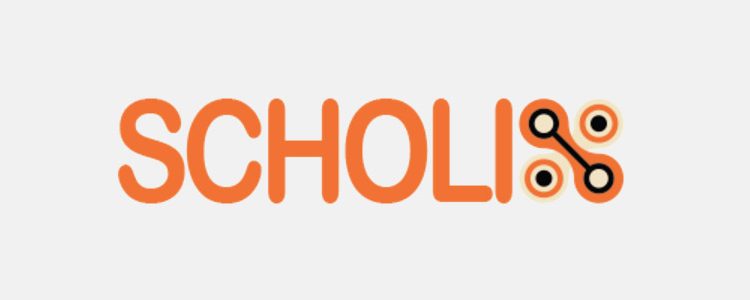The Scholix Initiative: Advancing Data-Literature Linking Technology

The aim of a scientific research article is to promote a viable thesis supported by quality data. Within the article, there is an inextricable link between the text and the data. When those two elements work together, quality scientific literature is achieved. In the larger realm of scientific research, connecting literature and research data has a similar yet broader and more impactful role. Before June 2016, the methods and technology for linking data with literature were autonomous and non-standardized. Individual communities had their own data-sharing mechanisms and standards. The link between data and literature is now following the same path as the publishing industry—it is becoming more open, collaborative, and standardized. The Scholix Initiative aspires to create “a high-level interoperability framework for exchanging information about the links between scholarly literature and data.” Scholix takes its name from “Scholarly Link Exchange.” It is the product of a working group spearheaded by the Research Data Alliance (RDA) and the International Council for Science World Data System (ICSU-WDS), with contributions from Crossref, DataCite, OpenAIRE, PANGAEA, International STM Association, Australian National Data Service, and Elsevier.
The Scholix Framework
Scholix is not an organization, but a technical solution. According to the RDA, it “represents a set of aspirational principles and practical guidelines to support a global information ecosystem around links between scholarly literature and research data.” The framework emphasizes an exchange of scientific information that encourages re-use, reproducibility, and transparent evaluation.
The Scholix Framework has three core objectives:
- Increase visibility and discoverability of data and articles
- Make easier their sharing, re-use, and reproducibility in different contexts
- Support credit attribution mechanisms, thus enhancing transparent evaluation of science
Its Practical Guidelines include
- Conceptual model
- Information model
- Information standards and encoding guidelines
- Options for exchange protocols
Central to the Scholix Initiative is the concept of “interoperability.” Technically speaking, Elsevier says that the interoperability framework “will facilitate links coming in from different sources combining and made available for inspection through a web portal (for humans) as well as APIs (for computers).” Publishers and research scientists can either use the hubs that exist within Scholix or, through a set process, link their own data, making it a part of the Scholix universe.
Webinars that explain the Scholix Framework and visual representations of the framework are available, which further explain and illustrate its essential mechanisms and principles.
Challenges Ahead
The challenges that face those involved in the preservation and advancement of the Scholix Initiative will manifest in three main areas: technology, standardization, and stimulating and maintaining participation.
Technology
In one sense, technology has made the development of the Scholix Framework possible. However, as the tools of research for data collection, storage, and communication continue to progress, it may become more difficult to establish and agree upon standardized methods of creating and publishing links. Those who work on the technical aspects of the framework will have to keep in mind that ease-of-use and accessibility should remain the ultimate goal.
Standardization
The process of participation in and use of the Scholix Framework will also have to continue to mold practices that achieve global standardization. Input from users will assist in this process, but it will take cohesive leadership from the Working Group to assess that input and develop best practices.
Participation
Usability and dependability will go a long way towards stimulating and maintaining participation in the Scholix Initiative. A tool that facilitates linking of research literature and data can only enhance researchers’ and publishers’ professional practice and performance. In addition, stakeholders make the case that linking literature and data “supports attribution mechanisms,” which is always a motivator for scientists and publishers.
Scholix Welcomes Collaboration
Also, fundamental to the Scholix Initiative is the concept of open collaboration. Much as the academic publishing industry has moved in that direction, so too has the process of sharing and discovering the links between data and research literature. In a blog post about Scholix, the Agricultural Information Management Standards (AIMS) describes three ways in which to participate in the Scholix Initiative:
- Dispense existing data-literature link into Scholix hub using the standards of the service you represent
- Become a Scholix hub—use Scholix Guidelines to register with other Scholix hubs—your information will be aggregated
- Provide feedback and recommendations via the Scholix Working Group—there are links to the guidelines that allow for input and suggestionsThe Scholix Initiative, Framework, and Guidelines are in the early stages of development. The ICSU-WDS / RDA Working Group continues to grow and expand to include other stakeholders. As the Initiative matures, commonality will become more established around technology, standardization, and participation and its interoperability will become more apparent and valuable to researchers and publishers in the scientific community.
The Scholix Initiative, Framework, and Guidelines are in the early stages of development. The ICSU-WDS / RDA Working Group continues to grow and expand to include other stakeholders. As the Initiative matures, commonality will become more established around technology, standardization, and participation and its interoperability will become more apparent and valuable to researchers and publishers in the scientific community.









